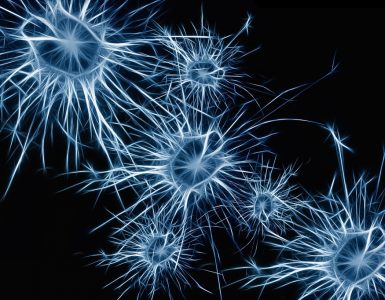Both famous and abnormal forms of normal protein, tau and beta amyloid have long been the most focused topic for researchers related to Alzheimer’s. Both of the proteins are also responsible for damaging neurons which leads to their death. Despite all the researchers and drug developments, none of the scientific advancements have impressed when it comes to treating the disease. Although a lot of drugs targeting the beta amyloid have reached the clinic, but they too have not be proven to be effective. Meanwhile, Salsalate is being tested in several clinical trials, including one for another tau-related neurological disease, progressive supranuclear palsy or PSP. However, as of now there are no drugs available that target tau.
The study states,” One of the main enzymes that acetylates tau is p300, which can be inhibited by salicylate or SSA, an ancient drug commonly used as an NSAID. Pharmacokinetically, SSA is quickly metabolized into its active component, salicylate. Unlike salicylate, aspirin leads to higher levels of ac-tau in cultured neurons. SSA and aspirin have been widely used to treat rheumatoid arthritis and related illness in the past decades, and work presumably via inhibition of cyclo-oxygenases (COX). Interestingly, patients taking NSAIDs, including salicylate and derivatives, have a reduced risk of AD.”The study noted that trails with more specific inhibitors of COX did not find a protective effect against Alzheimer’s.
In a response to the study, Dr. Paul Aisen, director of the University of Southern California’s San Diego-based Alzheimer’s Therapeutic Research Institute, said that it is unlikely that the approach adopted in the study will succeed. He stressed that the likelihood that Salsalate will prove to be an effective therapy for AD or other taupathies is small. Aisen is also currently working on a study funded by Eli Lilly & Co. that uses an experimental Lilly drug to reduce amyloid accumulation in people with signs of amyloid buildup, but who have no Alzheimer’s symptoms.





















